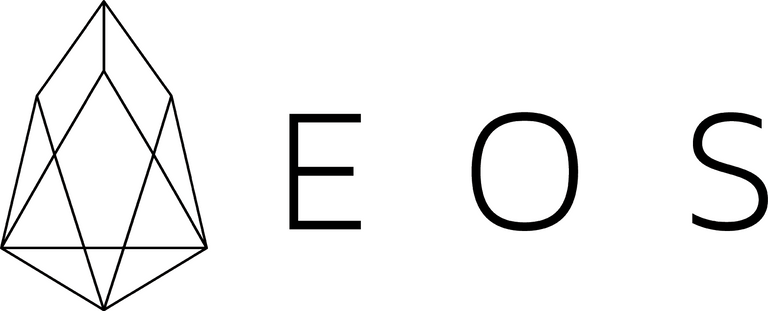The EOS crowdsale is slated to begin on June 26th, 2017
The EOS.IO software introduces a new blockchain architecture designed to enable vertical and horizontal scaling of decentralized applications (dApps). This is achieved by creating an operating system-like construct upon which applications can be built. The software provides accounts, authentication, databases, asynchronous communication and the scheduling of applications across hundreds of CPU cores or clusters. The resulting technology is a blockchain architecture that scales up to millions of transactions per second, eliminates user fees, and allows for quick and easy deployment of decentralized applications. In a moment Ethereum is overwhelmed by transactions, EOS may attract even more interest.

Unnofficial trading started with futures of EOS at BitMEX. At press time, futures with settlement date at 28 July 2017 12:00 UTC are trading at 118,100 satoshis. After the 360-days token sale is concluded, there will be a maximum supply of 1 billion tokens. This would imply a total valuation of 1,181,000 BTC, which means nearly $3 billion market cap (maximum supply approach) at current prices. Considering that during next week the supply will be up to 200 million tokens, it will result in nearly $600 million (current supply approach).
One thing is certain: a revolution is coming, and there will be much happening the next days. Be prepared to join this project if you can!
This can be huge! Thanks for sharing summed up.
:) I'm glad you liked it. Stay tuned!
Its a good opportunity but why can't U.S. citizens buy them? That's disappointing!
We can't buy them? Damnit.
https://steemit.com/cryptocurrency/@floatingforest/us-senate-war-on-cryptocurrencies-bill-s-1241
U.S. residents are not allowed because of the necessary compliance, which was considered too heavy, as well as the risks carried with such a decision.
I don't understand what necessary compliances? How are these too heavy? Could you elaborate? Thanks!
Many crowdfundings have this restriction. I am unable to elaborate on such legal aspects. I believe one of the necessary compliances is knowing who is receiving each token. No anonimity... But I am not quite sure. Maybe @dan could elaborate further on these issues or provide an example.